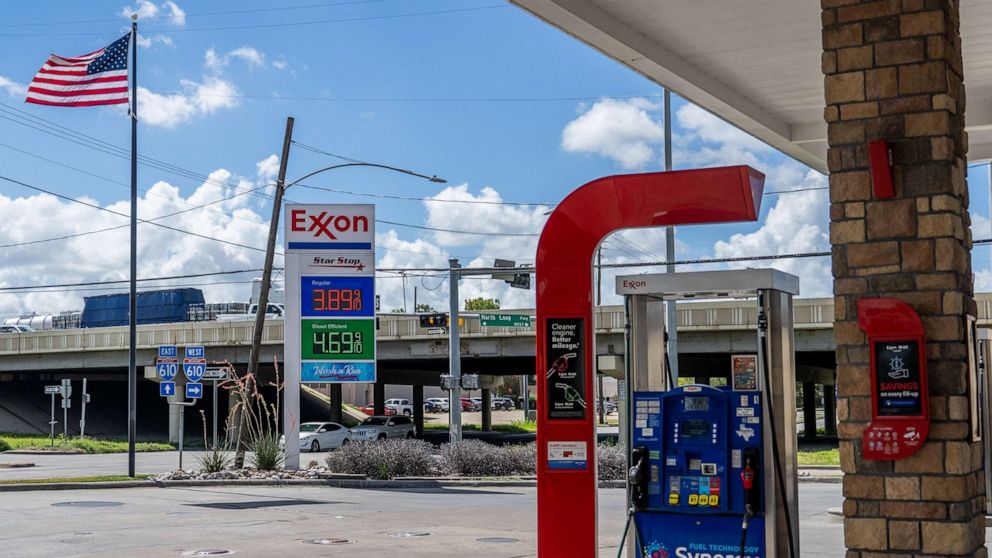Inflation data set for release Wednesday will show whether sky-high price increases accelerated or waned in July.
The new data arrives as costs strain household budgets, and the Federal Reserve tries to dial back inflation with a series of interest rate hikes that in theory should slow down the economy, slash demand and cut prices.
Economists expect the report to show the consumer price index rose 8.7% year-over-year in July, according to the median of results from a Bloomberg survey. While still high, that figure would comprise a slowdown from the 9.1% rate in June, which marked the fastest pace of inflation since 1981.
But data has sent mixed signals about the the economy in recent weeks, prompting uncertainty about how prices will respond.
Expectations of a slowdown in the inflation rate have emerged in part because the national average price of gasoline, which makes up a key portion of the consumer price index, has declined for more than 50 consecutive days, according to AAA.
Meanwhile, a government report on Friday revealed that hiring in July more than doubled economists’ expectations, defying Fed efforts to slow the economy and rebuking fears of a recession.
The significant uptick in hiring last month — an added 528,000 jobs and unemployment rate drop to 3.5% — came alongside elevated wage increases that may put upward pressure on consumer prices.
Federal Reserve Board Chairman Jerome Powell speaks during a news conference in Washington, D.C., July 27, 2022.
Elizabeth Frantz/Reuters, FILE
The heightened wage increases match a pattern that stretches back months. A closely observed measure of U.S. wages, called unit-labor costs, rose 9.5% over the second quarter of this year, the fastest rise of that metric since the first quarter of 1982, according to data released by the federal government on Tuesday.
When facing high inflation, policymakers fear what’s referred to as a price-wage spiral, in which a rise in prices prompts workers to demand raises that help them afford goods, which in turn pushes up prices, leading to a self-perpetuating cycle of runaway inflation.
The Fed has sought to avoid a price-wage spiral with a series of borrowing cost increases, Maurice Obstfeld, a professor of economics at the University of California, Berkeley, told ABC News. At meetings in each of the past two months, the central bank has increased its benchmark interest rate 0.75% — dramatic hikes last matched in 1994.
“The data is telling us not that rate hikes have been ineffective but that the Fed will have to go quite a bit further,” Obstfeld said.
However, other data suggests that inflation fears have waned significantly.
A survey released by the New York Federal Reserve on Monday showed that consumers expect inflation to slow down. Individuals who responded to the July survey said they expect inflation to run at a 6.2% pace over the next year and a 3.2% rate for the next three years, both of which marked significant declines from the inflation expectations expressed by consumers in the month prior.

















Discussion about this post